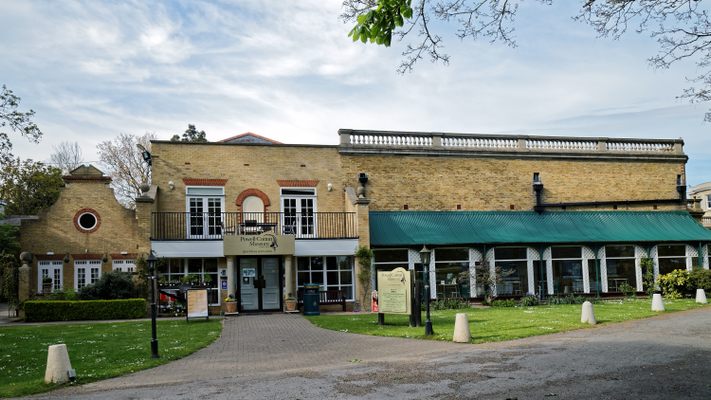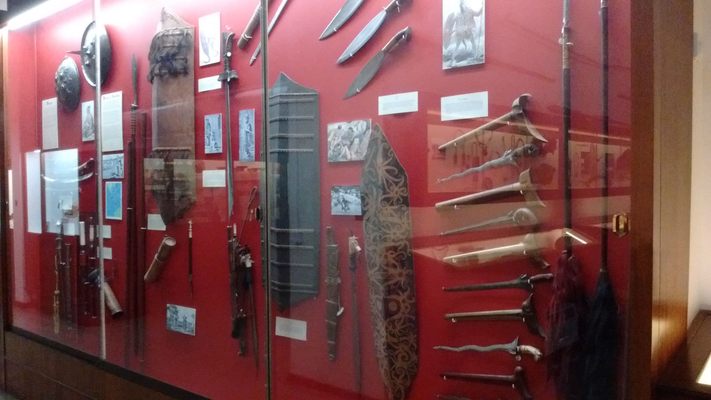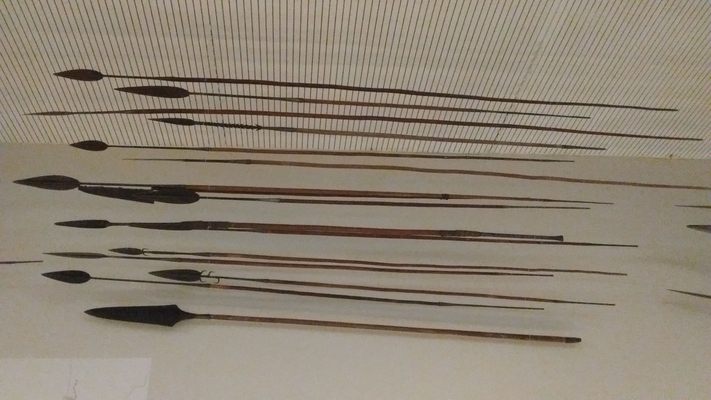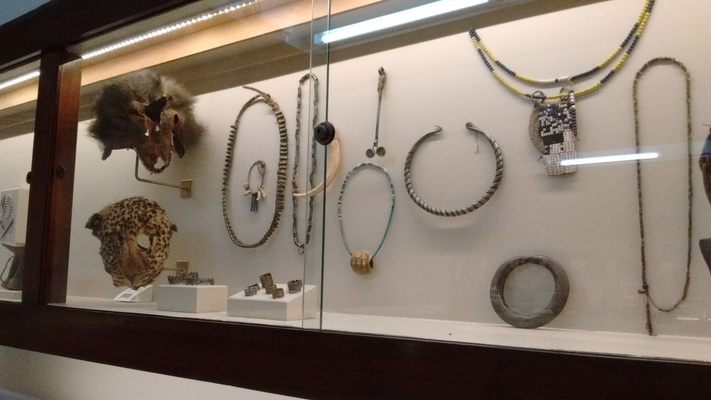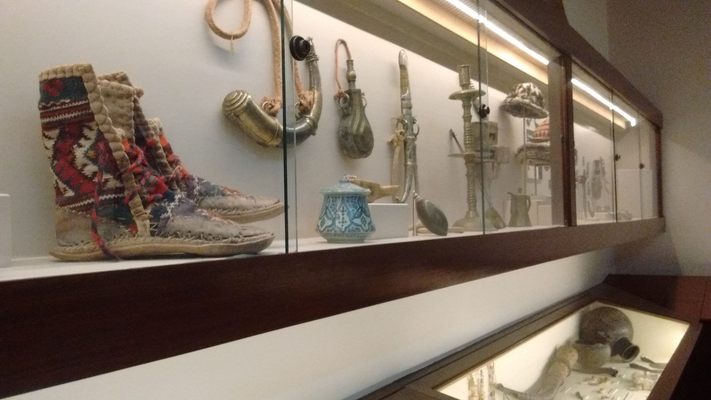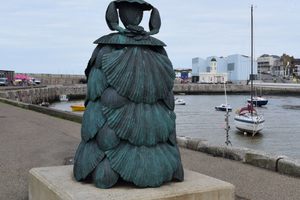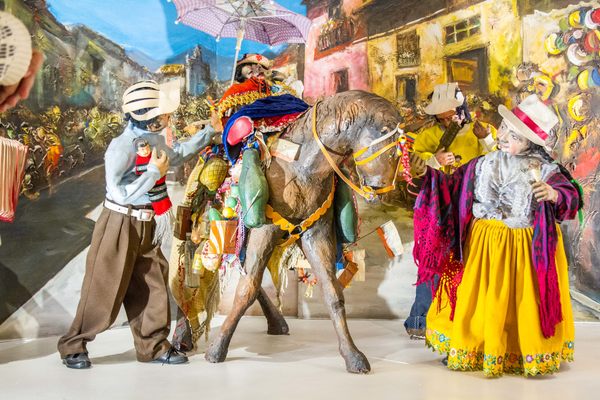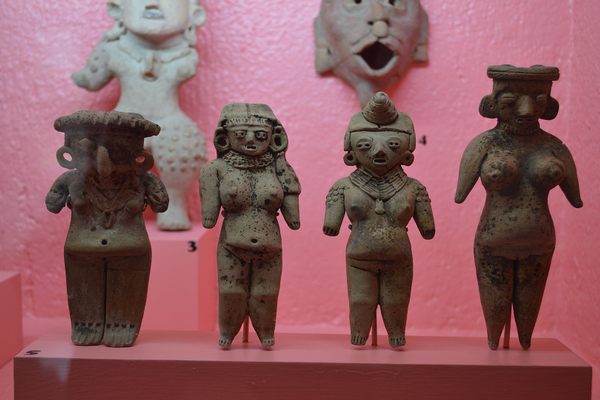About
The Powell-Cotton Museum is most famous for its taxidermy dioramas, but it's also home to thousands of ethnographic artifacts collected during expeditions across what were then little-explored regions of Africa and Asia.
The museum's founder, the 19th-century English explorer and conservationist Percy Powell-Cotton, distinguished himself from many of his contemporaries by recognizing and celebrating the diversity, dignity, and humanity of the native peoples of the lands he traveled. He was particularly drawn to the indigenous cultures of Africa, and spent a great deal of his life living with these communities sharing their hardships.
The respect and affection Powell-Cotton held for the people he met on these African expeditions shines through in the collections at the museum, as well as in his writings. His first published book, A Sporting Trip Through Abyssinia, chronicled the nine months he spent exploring Ethiopia and was dedicated to Empress Taytu Betul of the Solomonic dynasty that ruled the country. A later book chronicles the six months that Powell-Cotton and his wife, Hannah Brayton Slater, spent living among the indigenous Baka "pygmy" peoples of the Ituri Forest for their honeymoon.
Many of the objects in the collection from central and equatorial Africa were obtained through bartering with indigenous tribes, who at the time held animistic and shamanistic world views (though have since converted to Islam or Christianity). These artifacts are imbued with the profound significance of ancestral cosmovisions that offer a poignant window into complex cultures that once existed in greater harmony with the natural world.
Clearly, Powell-Cotton's enthusiasm for African ethnography rubbed off on his children, as two of his daughters, Antoinette and Diana, became renowned anthropologists and archeologists. The sisters conducted fieldwork in Sudan, Somalia, Nambia, Kenya, and Angola, where they researched and documented everything from the use of medicinal plants, to concepts of the anthropology of space and place, to rites of passage among men and women. Many of the artifacts they collected are on display at the museum, including a fascinating model representation of an Angolan village created by the tribe who lived there.
Related Tags
Know Before You Go
The Powell-Cotton Museum is open from Tuesday to Sunday (closed on Mondays) from 10 a.m. to 5 p.m. The entrance fee is £8.95 but students can get a discount. The ethnographic artifacts are displayed in nearly all the galleries of the museum. Gallery 6 at the end of the museum has an impressive hands-on exhibition where visitors are able to handle many ethnographic objects from the museum's collection.
Published
June 17, 2019

